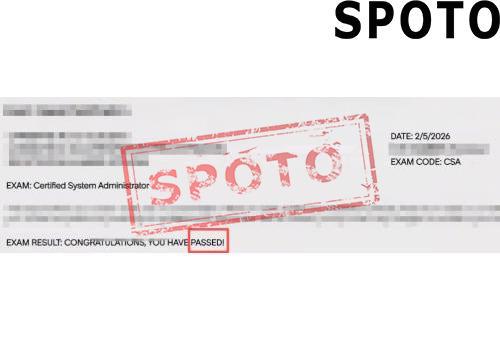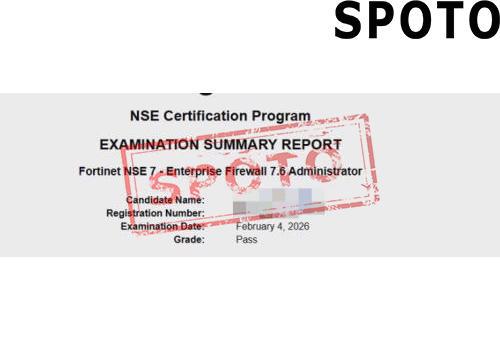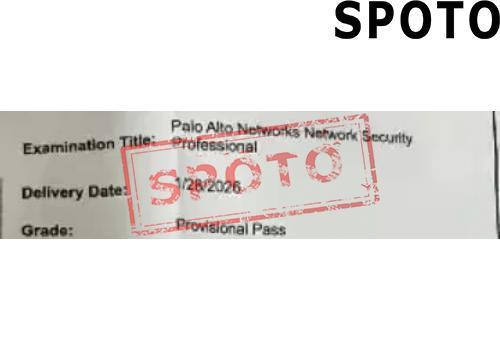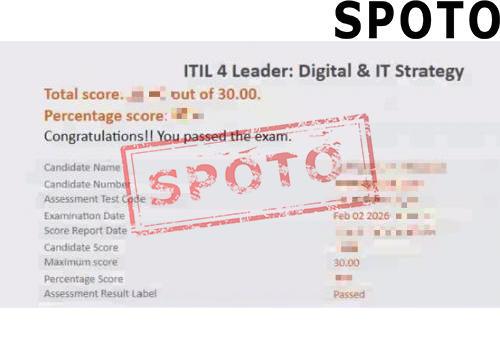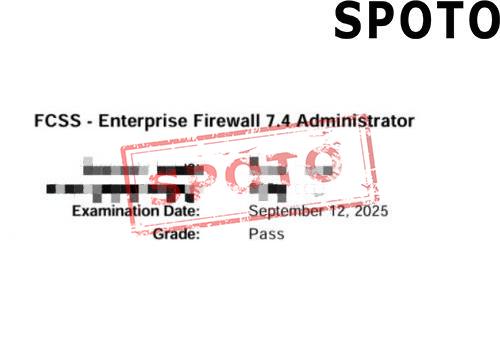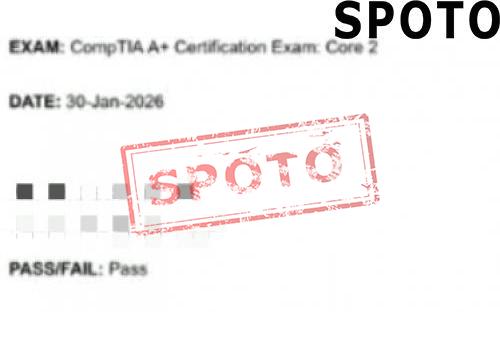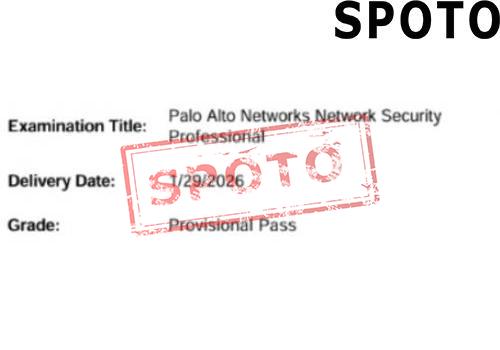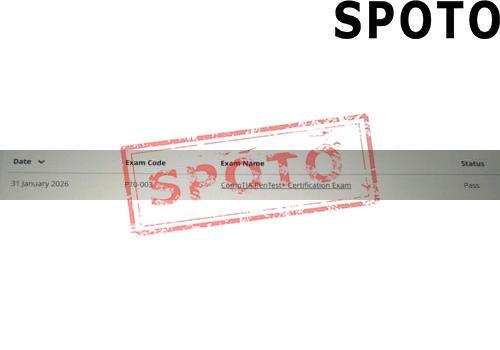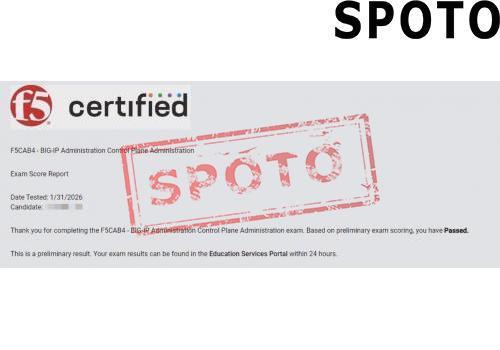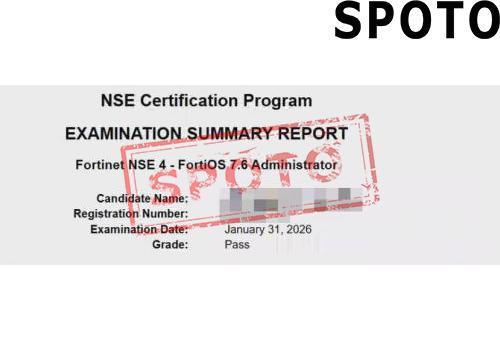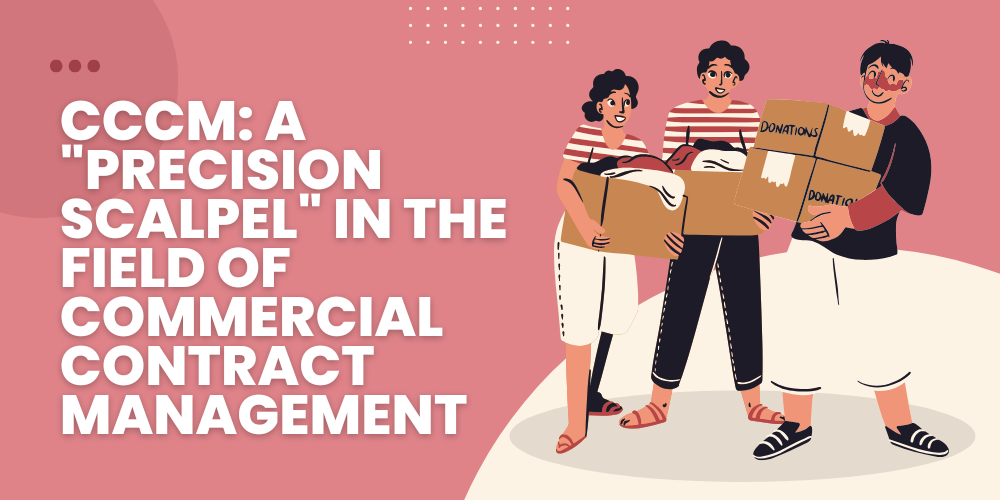
Table of Contents
The CCCM certification cultivates professionals with both legal literacy and business acumen by analyzing the intersection of the UCC framework and business practices.
1. Introduction to the CCCM certification
Certified Commercial Contracts Manager (CCCM) is a professional certification issued by NCMA, focusing on verifying your core competencies in the full lifecycle management of commercial contracts, with a particular emphasis on the deep application of the Uniform Commercial Code (UCC) and compliance practices in commercial scenarios. This certification aims to cultivate composite contract management experts who can accurately control commercial contract risks, optimize the value of contract terms, and promote cross departmental collaboration. It is suitable for diversified business fields such as manufacturing and retail.
In a complex business environment, contracts are the core carrier of enterprise value exchange. The core of CCCM certification is to cultivate professional talents who are proficient in the underlying logic of commercial contracts and adept at balancing legal compliance and commercial interests. You need to stand at a strategic level and control risks throughout the entire process from pre contract requirement analysis to post contract dispute resolution, ensuring that contract terms comply with legal frameworks such as the UCC and maximize business interests for the enterprise. These types of talents usually play the role of the central hub of enterprise contract management, coordinating the needs of multiple departments.
2. The Competitive Edge of a CCCM Certification
CCCM certification is the gold standard in the field of commercial contract management in North America, especially with high authority in areas such as goods sales and financial leasing applicable to UCC. For example, the US Small and Medium Business Administration (SBA) prioritizes CCCM licensees in government procurement projects.
The process of upgrading your knowledge system and preparing for exams forces you to systematically study legal frameworks such as UCC. By analyzing cases from Article 2-207 of the UCC, you can master the logic of resolving conflicts in contract terms. This level of knowledge depth is beyond the reach of ordinary contract managers.
CCCM certificate holders can join the NCMA global membership network to access exclusive industry reports, case libraries, and training resources. NCMA's regularly released White Paper on Trends in Business Contract Management provides in-depth analysis of UCC's latest judicial interpretations and industry practices.
3. Core Components of the CCCM Certification
NCMA's CCCM certification is based on the Contract Management Body of Knowledge (CMBOK), which constructs seven core competency modules covering the entire process of contract management. Through learning, you will gain a deep understanding of core regulations such as Article 2 of the UCC on the sale of goods and Article 9 on secured transactions. You will be proficient in legal risk management of key links such as contract formation, performance, and breach, and familiar with the application of international commercial rules such as CISG in conjunction with domestic law.
The content of the CCCM assessment includes complete management capabilities from requirement analysis, negotiation strategy formulation, clause design, and performance monitoring. Proficient in using KPI indicators for supplier performance management, handling contract changes and termination matters. From this, you need to use professional tools such as SWOT to identify contract risks and master the effective avoidance and transfer of risks through diversified methods such as performance guarantees and arbitration clauses.
At the level of cross departmental collaboration and communication, establish an efficient collaboration mechanism with departments such as legal, finance, and business to ensure that contract terms meet both legality, financial feasibility, and business needs. Proficiency in using professional software such as Ironclad for contract management and understanding the application of emerging technologies such as blockchain smart contracts in contract automation execution will be beneficial for the advancement of your subsequent work.
CCCM certification places special emphasis on the combination of theory and practice, helping students master the core skills of contract management through real case teaching. It includes in-depth analysis of legal frameworks such as the Uniform Commercial Code of the United States, as well as practical skills such as negotiation strategies and risk management, helping you establish a systematic contract management thinking system.
It can also be said that the certification system is closely integrated with the trend of digital transformation, providing practitioners with professional qualification certification in contract management from an international perspective.
4. What are the requirements to be a Certified Commercial Contracts Manager?
(1) Qualification prerequisites:
In terms of education and experience, you need to have a bachelor's degree and 1 year of contract management related experience; non-degree holders need more than 10 years of contract management experience, but can apply for exemption.
In terms of knowledge reserve, you need to systematically study core courses such as UCC, contract law, and business negotiation. NCMA suggests that you can complete the knowledge system building through NCMA official training or recognized third-party courses.
(2) Training and examinations:
The CCCM exam has 150 single-choicequestions, and the exam lasts for 3 hours. More than 70% of the questions (105 or more) need to be answered correctly to pass the exam. The exam covers seven modules of CMBOK. The exam fee is approximately 400-600 US dollars.
(3) Qualification maintenance:
The CCCM certificate is valid for 3 years and requires completion of 80 hours of Continuing Education (CPE) every 3 years, including at least 8 hours of ethics related courses. Subsequently, you will need to maintain certification through continuing education forms such as attending NCMA seminars, writing contract management papers, and participating in industry forums.
5. Comparable Certifications to Certified Commercial Contracts Manager Certification
- Certified in Logistics Management (CLM)
- Certified Professional Contracts Manager (CPCM)
- Certified Project Management Professional (PMP)
